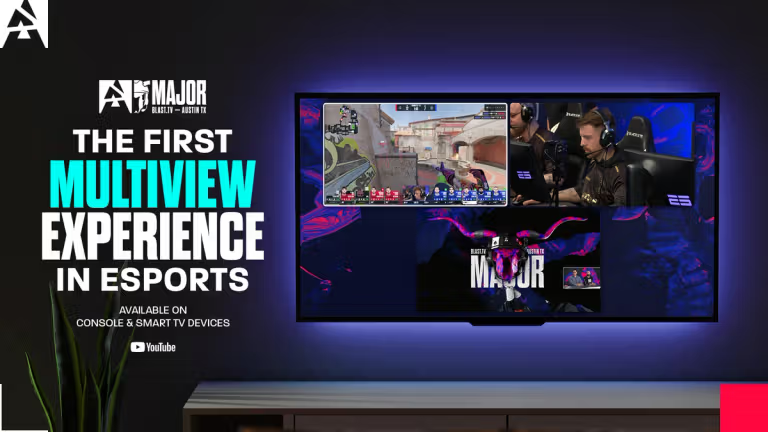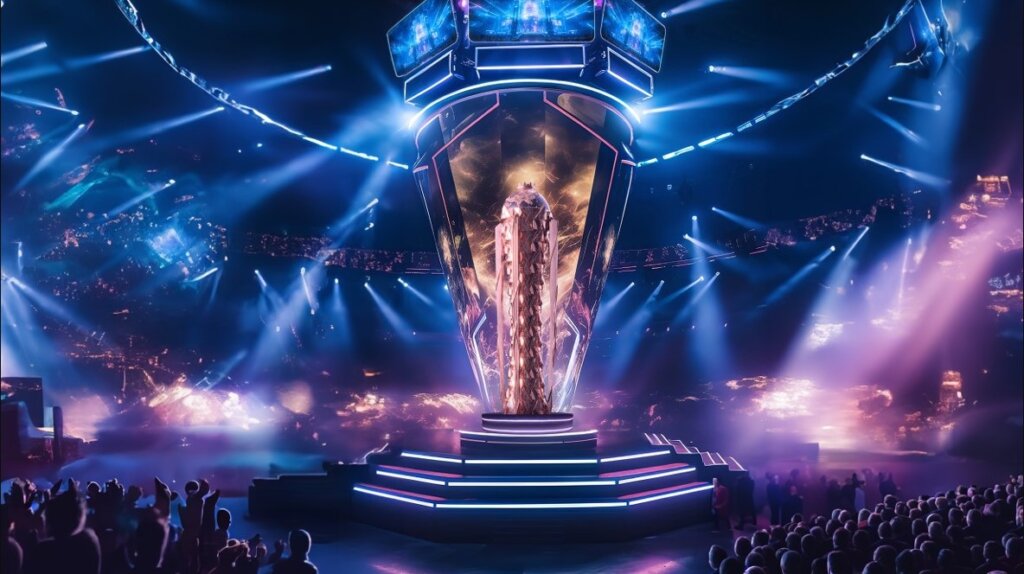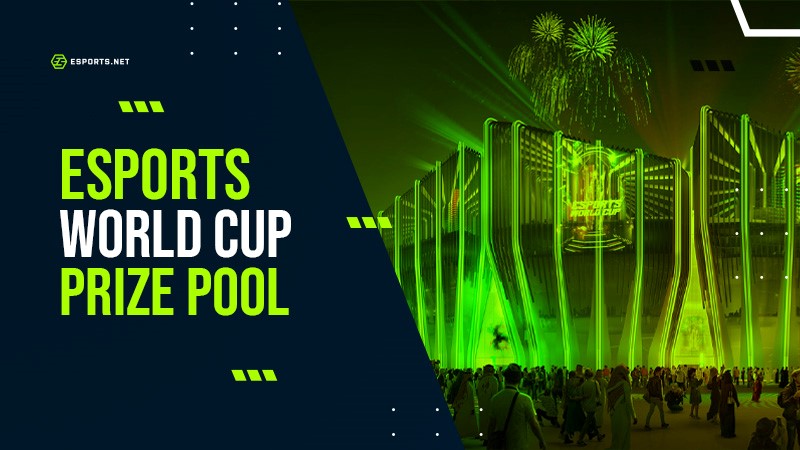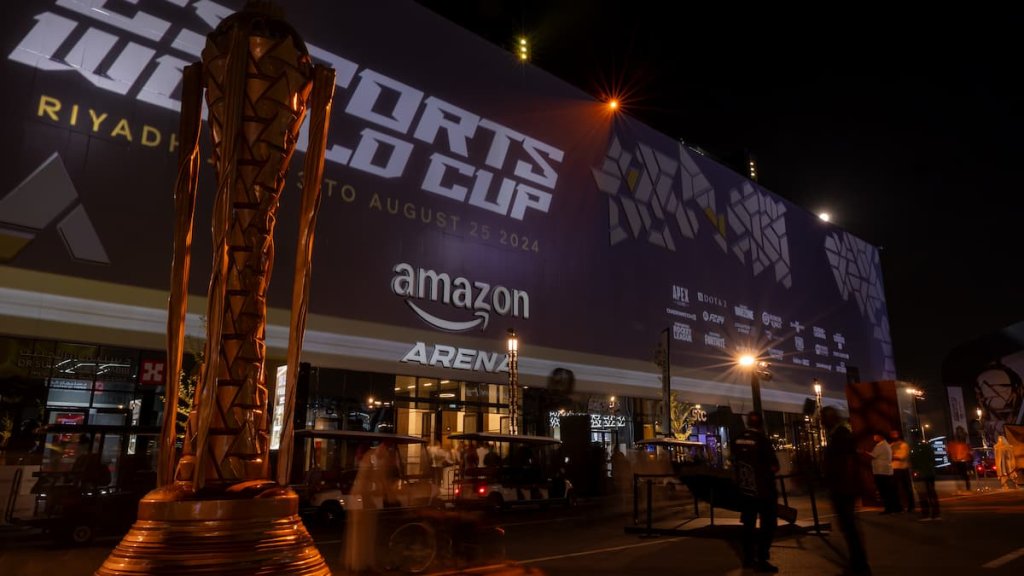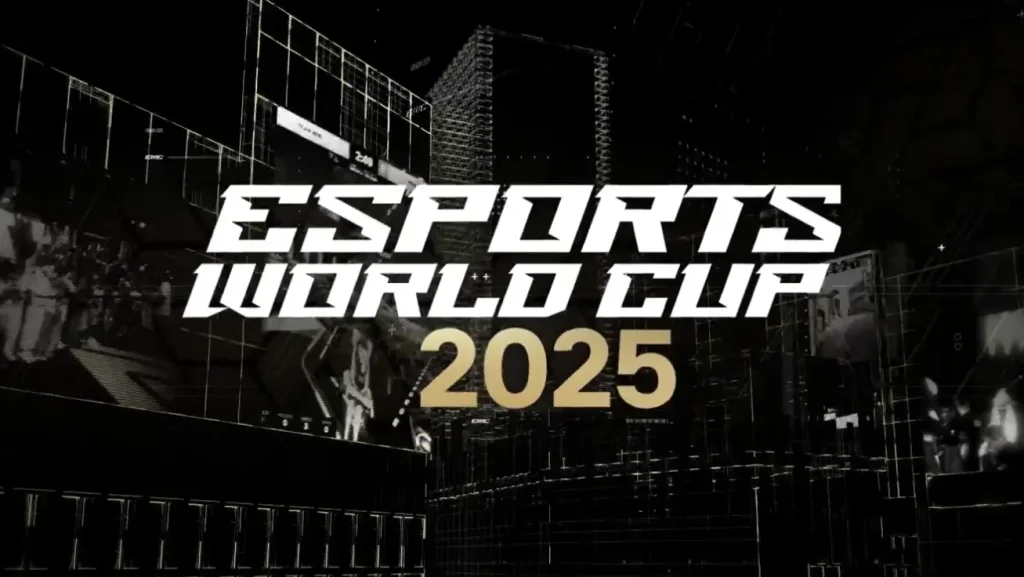
How Many Governing Bodies Do Esports Really Need?
Disclaimer: It is the reader’s responsibility to verify their own facts. The views and opinions expressed in this article are those of the author and do not necessarily reflect the official views of esports.net.
Yet another federation has joined the battle for domination in governance over esports. The latest cringe galore courtesy of The Global Esports Federation, a newly formed “governing” body backed by Tencent. Some “big names” are included in this latest governing body: Chris Chan (secretary-general of the Singapore National Olympic Council) will be the president, while VP positions are handed out to Wei Jizhong (ex-secretary-general of the Chinese Olympic Cmmittee), Tencent Holdings VP Cheng Wu and former Olympian Charmaine Crooks.
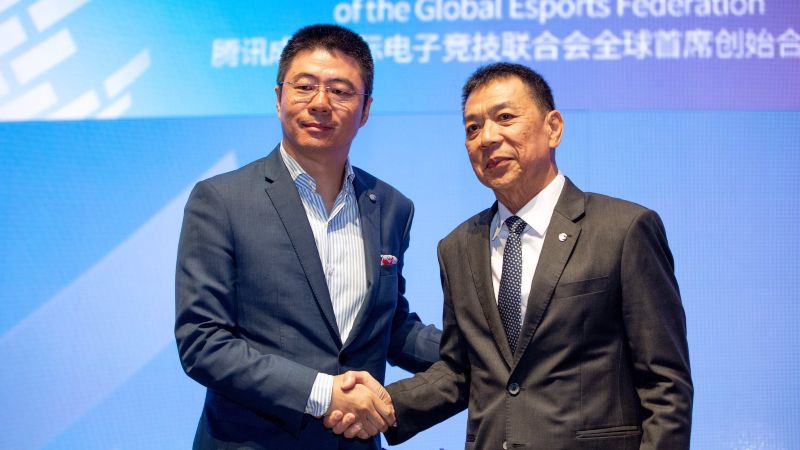
© Global Esports Federation
One look at their “promotional video” and it seems these people are not here to take care of the esports ecosystem.
A video that features more stock footage then esports footage, a statement that is hollow and vague (“We aim to be the voice and authority for the worldwide esports movement“) and a partnership with a conglomerate that has a stake with many developers only screams corruption from the get go.
We are also not sure if their homepage is https://www.globalesportsfed.org/ or this domain will be yet another competitor. For now you can get information about this latest federation at their twitter @ge_federation.
Introducing the diverse Board of the Global Esports Federation, comprised of world-class experts with significant breadth of experience from esports, traditional sports, corporate governance, technology, and business.#WorldConnected #esports #esportsnews #technologyforgood pic.twitter.com/48QqVejNGM
— Global Esports Federation (@GE_Federation) December 21, 2019
The Federations
Let’s break down why I chose this title for the article.
We currently have a bunch of federations in a turf war to control esports on a national and international level. The International Esports Federation (IESF) is one of the oldest in the lot, featuring 56 member nations. The events they organize are extension of what WCG (World Cyber Games) did in the early 2000s, featuring National Teams qualifying for a main event at a select location. Professional players are largely disqualified from competing and the national teams do not really draw the interest of anyone serious about esports.
We then have the Asian Electronic Sports Federation (AESF) which is recognized by the Olympic Council of Asia. They feature 45 member nations and claim to be “the sole competent authority for electronic sports throughout Asia“. They are not related to the IESF but some of the member national committees are members of both organizations, while other countries have a separate national federation for each of the organizations.
Our President, Mr Kenneth Fok with a few words …. pic.twitter.com/WHQHE5lTzo
— Asian Electronic Sports Federation (@AESF_Official) December 5, 2019
Europe also has its own Federation. The European Esports Federation was announced in 2019 and pending official creation in 2020. Unlike their counterparts they claim to be interested in being an arbiter and moderating partner instead of a governing body. 17 countries signed up initially for the formation of this federation. The president of the German Esports Federation Hans Jagnow has stated that the European Esports Federation will avoid connection with the International Esports Federation for the time being.
On top of the National/International governing bodies, professional teams have taken it upon themselves to set the rules. The World Esports Association (WESA) was founded by professionals esports teams Fnatic, Natus Vincere, Team EnVyUs, FaZe Clan, Virtus.pro, G2 Esports, North, Splyce, Mousesports, Ninjas in Pyjamas and the ESL organization. Their aim is to enforce and arbitrate as well as take care of player representation and create standardized regulations.
We already mentioned the newly formed Global Esports Federation and there is a few others that are not even worth a mention.
The Developers
All these esports “federations” seek profit and relevance, yet the main driver behind the massive surge of competitive esports comes from the developers themselves. Riot Games, Blizzard, Valve, Bluehole and Epic Games serve as their own governing bodies. The popularity of League of Legends and Riot’s hands on approach to managing their competitive ecosystem paved the way for developers to take charge of their own competitive leagues.
The developers own and manage their own leagues with rules and regulations they set on their own accord. Franchising, profit sharing and a wholly owned competitive ecosystem leave little place for outside governance or arbitration.
National Competition is also taken out of the hands of the federations. Bluehole (PUBG) and Blizzard (Overwatch) have taken competition on a national level as part of the repertoire as well. They don’t need national or international federations to select or represent the athletes.

© LoL Esports
How many?
Finally, we reach the question that titles this article.
How many governing bodies does esport really need?
Are federations on a National/International level providing any measurable benefit for the esports ecosystem?
Should we just let the developers themselves take care of esports competitions?
Tell us what you think, and what is the correct path forward.

